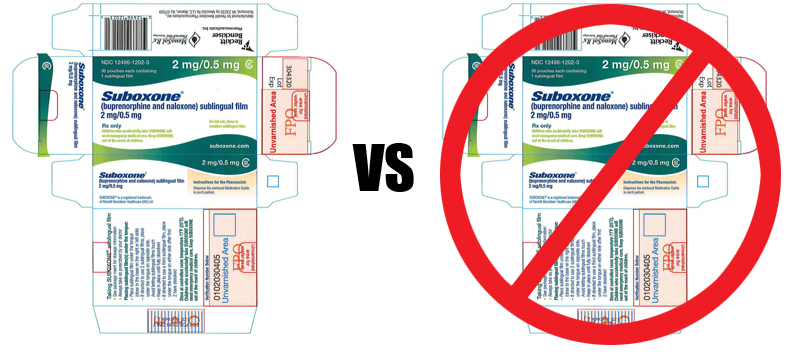MDMA is a methamphetamine primarily known to the public under the street names Ecstasy and Molly. Developed by a German pharmaceutical company in 1912 to help control bleeding, the drug has experienced a resurgence of late as a potential aid to psychotherapy for disorders such as PTSD.
In this case, a research effort appears to have gone badly off-track. Let’s see if there isn’t something we can learn from their experience.
MDMA trials under review in Canada over alleged abuse of study participants
Per the article, problems initially came to light through an allegation of “investigator misconduct”, based on “testimony from several former trial participants complaining about their treatment sessions with MDMA and psychotherapy.” The complaint centered on questionable behavior on the part of the research team during the treatment sessions. In one case, it appears to have resulted in an ongoing sexual relationship between the research subject and one of the investigators.
As a matter of policy, the sponsoring organization required that two therapists be present during sessions. At least one had to be licensed. Video recordings of sessions were also made. I’m not clear on whether that last requirement was consistently met; there may have been gaps in the record. Given the subject’s description of the activities that allegedly occurred, it’s difficult to imagine how a clinical supervisor could have viewed the recordings without seeing plenty of warning signs that the process had become overly sexualized.
For instance, here’s a quote from one subject. The sponsoring organization posted it on their website. ”Therapeutic breakthroughs,” the female subject wrote as a kind of testimonial, “occur on the edge of consent. They pushed me hard, my toes curling in protest. But each time I felt they were there … I was literally loved back to life.”
I can’t say whether or not ‘breakthroughs occur at the edge of consent’, but serious violations of professional ethics certainly could. Isn’t the point of asking a patient to give consent a way to protect them, and their rights, during therapy? Especially the experimental variety. It’s a process during which patients can become unusually vulnerable to influence.
That has to be even more true for therapy that involves a drug such as MDMA, well-known for its psychoactive effects, including distortions of perception and increased feelings of intimacy. After all, it’s those very effects that helped make Molly/ Ecstasy a sought-after “club drug” at raves and rock concerts. The drug also gained a reputation for enhancing sexual experience. That didn’t hurt its popularity either.
And that part about how the therapists “…pushed me hard, my toes curling in protest… I was literally loved back to life.” That fits with her description of the therapists lying down on either side of her during a session, I suppose as a form of support. But as one therapist colleague put it, “Is this psychotherapy or a threesome?”
A supervisor might well have asked the same question, if indeed a supervisor was aware of it. That might be where the process broke down. It’s one thing to have a policy, another to make certain that it’s followed.
The National Institutes for Mental Health define psychotherapy in an online article as “a term for a variety of treatment techniques that aim to help a person identify and change troubling emotions, thoughts, and behavior.” You can’t get much broader than that. It could encompass everything from CBT to psychoanalysis to, well, just about anything else.
Of course, licensed professional therapists have a code of conduct and a license to protect. But if the sponsor’s policy was that only one of the therapists was currently licensed, what safeguards were there against misbehavior on the part of the other one?
Anyway, it wasn’t all that long before this same patient, who wrote so rapturously about her therapy, reversed field and began filing complaints of abuse. Rapid shifts such as this often occur in the intense atmosphere of psychotherapy. And they can result in extended conflicts of a sort that can further damage the client, the professionals involved, the reputation of the sponsoring organization, and frankly, the credibility of therapy itself.













